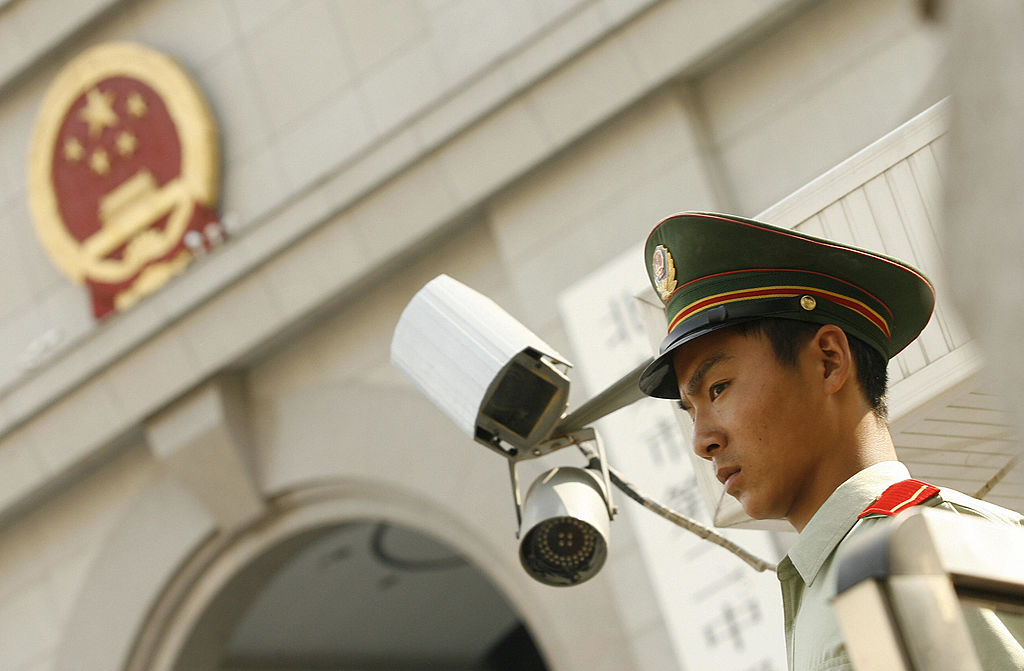President Joe Biden has initiated a new executive order aimed at setting standards for AI safety and security, with a particular focus on privacy and civil rights protection. This new order represents the most significant step taken by a U.S. leader so far to promote responsible AI development, building upon Biden’s Blueprint for an AI Bill of Rights. Other nations and international organizations may look to this order as a template for establishing their own AI policies.
In light of the rapid advancements in AI technology and its widespread adoption across various industries, the need for regulations to govern AI progress is becoming increasingly important. The healthcare sector is a key area of focus within the executive order, which mentions healthcare multiple times and includes provisions for catalyzing AI research through grants and promoting responsible AI use in the sector.
As the U.S. begins implementing the executive order, the Secretary of the Department of Health and Human Services will play a crucial role as part of the White House AI Council. This council consists of government officials tasked with coordinating agency activities to implement AI-related initiatives as outlined in the executive order.
The potential of AI to enhance healthcare operations is undeniable, but concerns have been raised about the reliability of current AI models. Reports of generative AI chatbots misdiagnosing patients and fears of AI replacing human workers in the healthcare administrative sector have sparked debates about the risks and benefits of AI in healthcare.
Dr. Michal Tzuchman Katz, CEO and Co-Founder of Kahun, an evidence-based clinical reasoning tool for physicians that leverages AI, believes that the executive order provides specific indicators for evaluating AI-based clinical tools. She emphasizes the importance of regulations in promoting transparency and mitigating risks associated with AI adoption in healthcare.
Yossi Shahak, CEO of Maverick Medical AI, echoes the sentiment, highlighting the executive order’s emphasis on consumer safety and security, which acknowledges the vital role of AI in our lives while establishing stringent standards.
The executive order has been hailed for its focus on data protection and privacy, which is expected to create opportunities for AI vendors to work with datasets that were previously inaccessible due to privacy concerns.
As the U.S. government moves forward with implementing the executive order, the impact on healthcare remains to be seen. Many are eager to see how the detailed provisions will be enforced and how the White House AI Council will oversee the initiative’s implementation.
In conclusion, President Biden’s executive order on AI safety and security in healthcare has sparked discussions about the future of AI adoption in the sector. It is clear that the executive order represents a significant step towards establishing regulations that promote responsible AI use while prioritizing consumer safety and privacy.

I have over 10 years of experience in the cryptocurrency industry and I have been on the list of the top authors on LinkedIn for the past 5 years. I have a wealth of knowledge to share with my readers, and my goal is to help them navigate the ever-changing world of cryptocurrencies.




